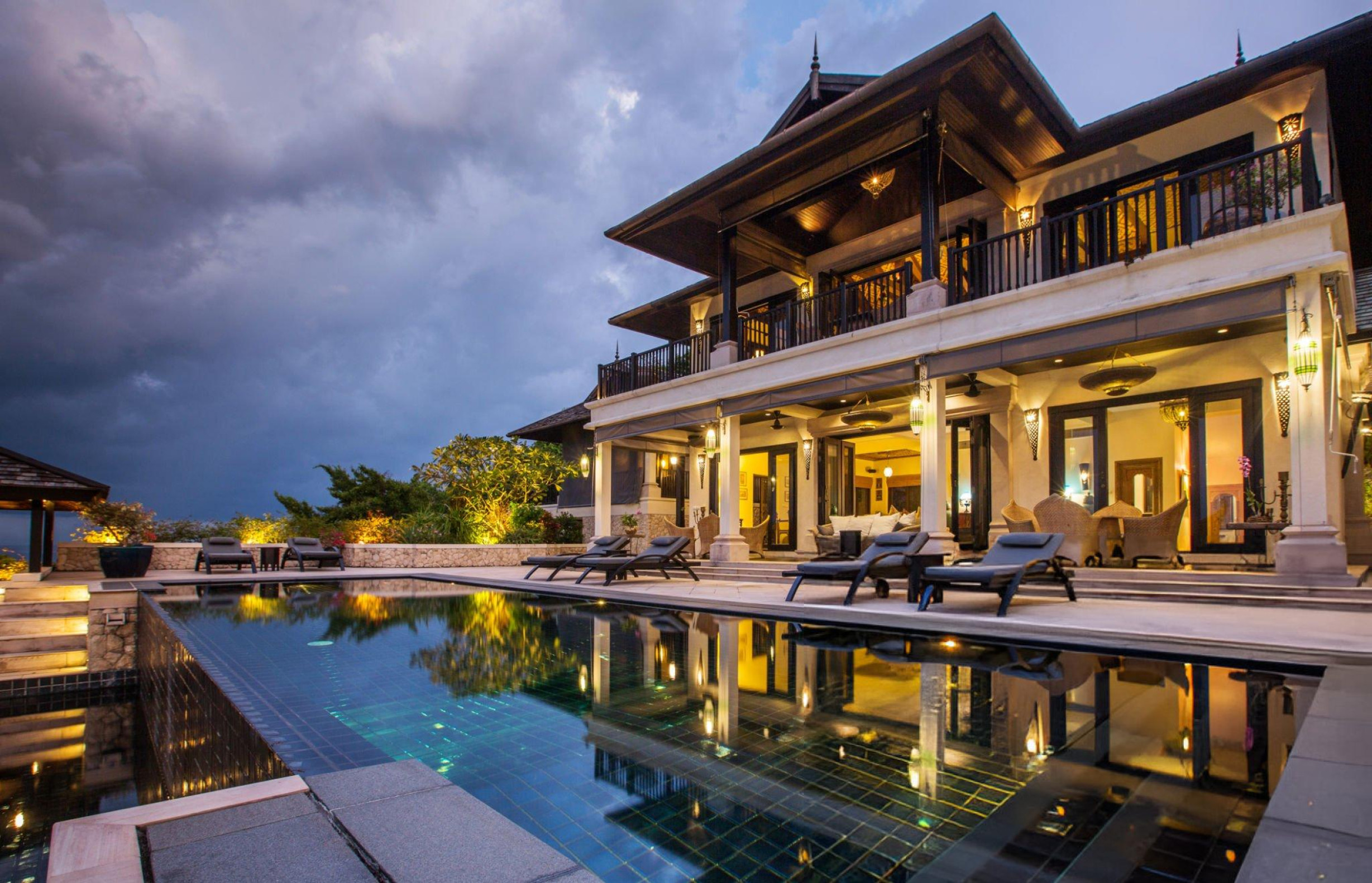15 June 2025
Freehold vs. Leasehold Property in Bali: Which One is Better for You?
4 Minutes Read
Bali’s real estate market continues to attract investors worldwide, offering a blend of cultural richness, natural beauty, and lucrative investment opportunities. However, understanding the nuances between freehold and leasehold property ownership is crucial for making informed decisions.
Understanding Freehold and Leasehold

What is Leasehold Property?
Leasehold (Hak Sewa) means you’re essentially renting the property for a long time, typically 25 to 30 years with the possibility of extending the lease up to 80 years in total. You don’t own the land, but you have the legal right to use, rent out, or even sell the remaining lease.
Leasehold is particularly popular among foreign investors, and here’s why:
- Lower Upfront Costs: Leasehold properties are generally 30%-50% cheaper than freehold, and come with fewer taxes and fees.
- Attractive Income Potential: With Bali’s thriving tourism market, strategically located leasehold villas can offer impressive rental income.
- Business-Friendly: Setting up a PT PMA (foreign-owned company) to hold the lease can bring added benefits like tax optimization and legal business operations.
What is Freehold Property?
Freehold, known locally as Hak Milik, allows the owner to possess the land and all structures on it for an unlimited duration. It’s the most complete form of ownership available but it’s restricted to Indonesian citizens. Foreigners can’t directly own freehold property, but they can set up a Foreign-Owned Company (PT PMA) to acquire usage rights under titles such as Hak Guna Bangunan (HGB) or Hak Pakai.
Pros and Cons between Freehold and Leasehold
Choosing the right ownership structure starts with understanding the pros and cons of each option in relation to your personal needs and goals. Both freehold and leasehold come with unique benefits and potential drawbacks depending on your goals, status, and investment strategy.
Freehold: Pros and Cons
Freehold might sound like the dream, who doesn’t want to own land forever? However, it also comes with specific limitations that need to be carefully considered.
Pros:
- Permanent Ownership: You hold indefinite rights over the property, allowing for long-term investment planning, estate inheritance, or building a legacy for future generations.
- Full Control: Freehold property owners can develop, lease, renovate, or sell the property without needing the original owner’s approval or going through renewal processes.
- Appreciation Over Time: Freehold land typically increases in value over the years, especially in high-demand areas. This makes it a strategic choice for capital gains.
Cons:
- Restricted to Citizens: The most significant limitation is that foreigners cannot legally own freehold property in their name. Workarounds like using a nominee or setting up a PT PMA require due diligence and legal guidance.
- Greater Upfront Expenses: Acquiring a freehold title typically demands a larger initial financial outlay than leasehold arrangement.
- More Complex Legal Setup for Foreigners: If you’re a non-Indonesian, setting up a foreign-owned company or navigating nominee structures can be time-consuming, legally sensitive, and may expose you to risk if not done properly.
Leasehold: Pros and Cons
Leasehold is often considered the best option for foreigners and short-to-mid-term investors, but it’s not without its limitations.
Pros:
- Foreign-Friendly: Leasehold is accessible without the need for an Indonesian partner or complex legal setups.
- Lower Capital Requirement: A more affordable way to enter Bali’s real estate market.
- Attractive for Airbnb/Villa Investors: You can rent out your property and earn strong returns, especially in tourist hotspots.
- Flexible Exit Strategy: You can resell the remaining lease term, making it appealing for shorter investment horizons.
Cons:
- Limited Time Ownership: When the lease ends, so does your claim to the property, unless you extend it.
- Depreciating Value: The shorter the remaining lease, the less valuable your property becomes.
- Lease Renewal Can Be Tricky: There’s no guarantee you’ll be able to extend on the same terms or at all.
So, Which One is Right for You?
There’s no one size fits all answer. Your ideal property structure depends on your goal, citizenship status, and financial flexibility.
- Long-Term Investor or Indonesian Citizen? Freehold (via PT PMA if you’re a foreigner) gives you long-term control and stability.
- Foreign Buyer or Digital Nomad? Leasehold is more affordable and legally straightforward.
- Want to Run a Business? A PT PMA lets you legally lease land and operate a business with clear tax advantages.
Legal Tips for Property Buyers
No matter what route you choose, make sure you’re backed by a trusted legal team. Due to the intricate nature of property regulations in Bali, it's essential to proceed with care to avoid potential financial setbacks. Working with a qualified legal advisor or property consultant is essential for assistance with:
- Due diligence on land titles
- Structuring your PT PMA
- Drafting safe lease agreements
- Ensuring compliance with local regulations
Final Thoughts
Buying property in Bali is more than just finding a beautiful villa or a prime piece of land, it’s about understanding the legal landscape and making an informed decision that fits your goals and financial situation. Whether you lean towards leasehold for its affordability and flexibility, or choose freehold through a PT PMA for long-term ownership, each option offers unique advantages and challenges.
Ready to find your perfect property in Bali? Contact us now, your trusted platform to discover legal, reliable listings tailored to your needs. Koskaki makes the process easy, transparent, and worry-free.
Share This Article to :